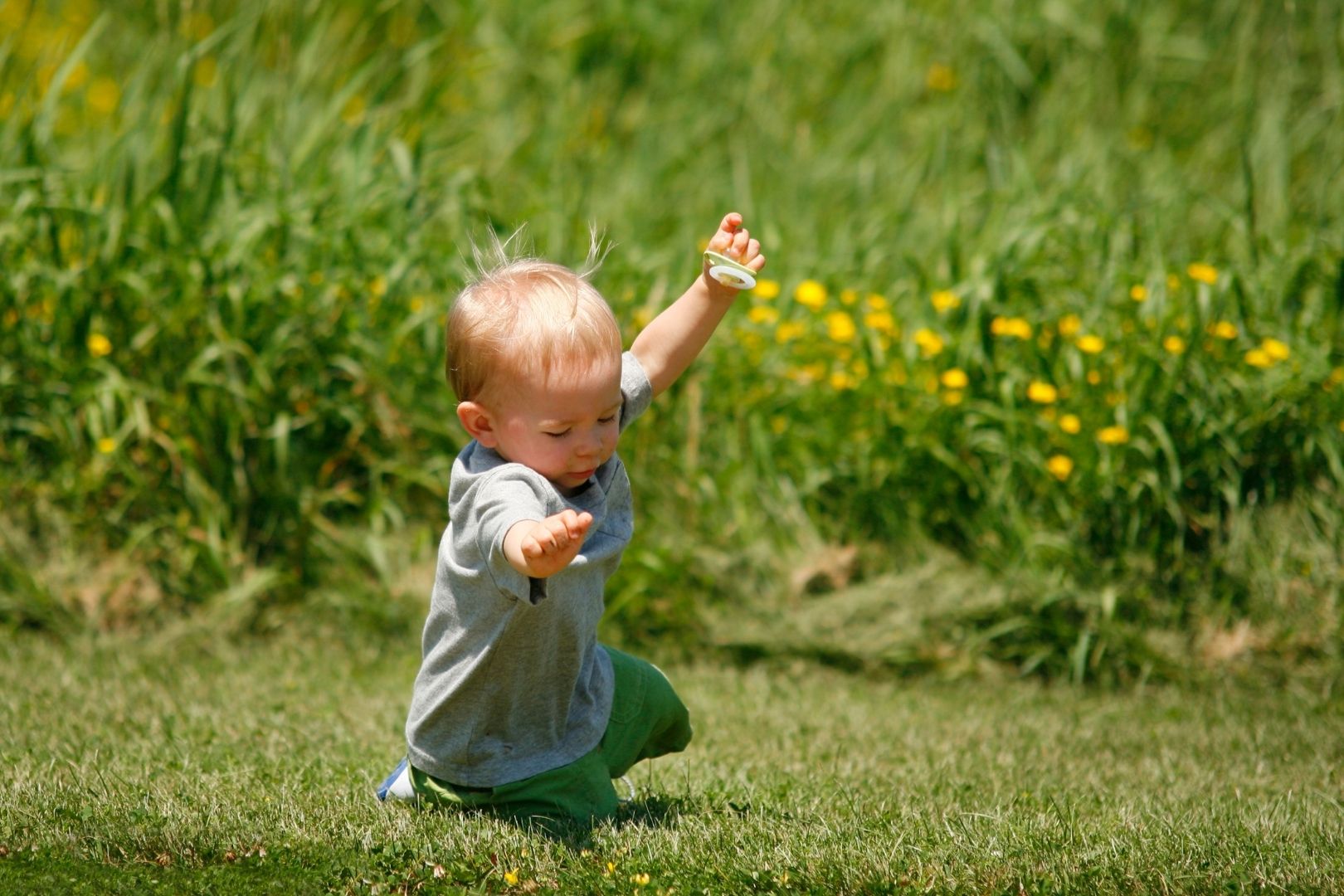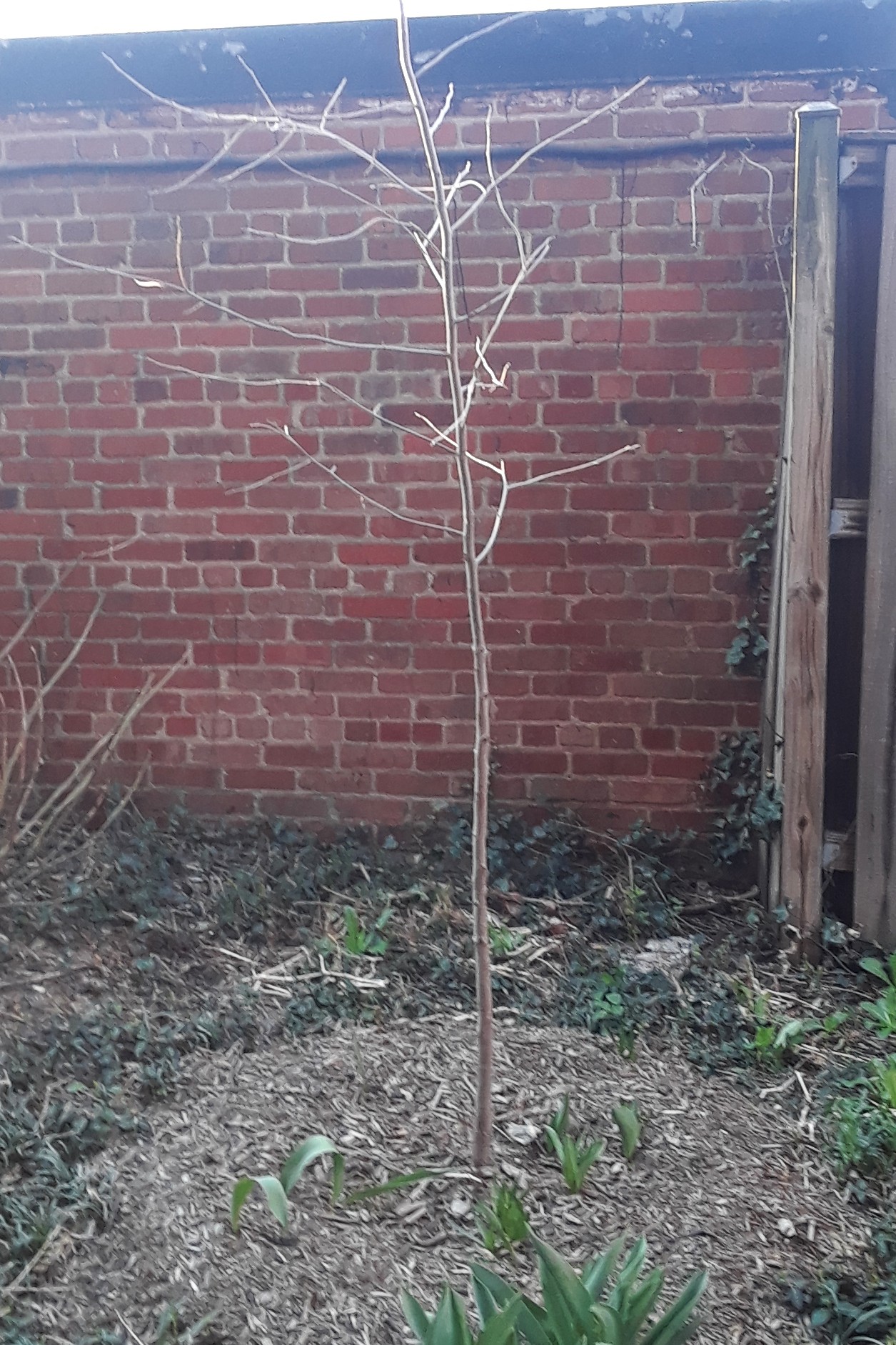I haven’t planted flower seeds in a long time. So I smiled this spring, on Mother’s Day, when my daughter gave me six packets of seeds. I read the instructions carefully: just scatter the wildflower seeds; soak the sweet pea seeds for a day first; plant the zinnias and snapdragons and poppies right away, just under the surface of the soil. Then leave them be and let Mother Earth do her job.
This spring I also took a class at Dayspring from Janet Hudson using Marcus Borg’s text The Evolution of the Word. I learned that Mark’s “document” was the first Gospel written. I read the document, trying to imagine it was the first story of Jesus I’d ever read. It was difficult to block out stories from the other Gospel writers, not weaving them all together. Taking this approach however gave a lot of weight to this first thread. And I discovered two enigmatic parables about seeds. (Mark 4:26-34)
The parables matched the instructions on my seed packets. The first said scatter the seeds, watch Earth grow them, and then harvest the plants. The second highlighted the mustard seed, emphasizing the smallness of the seed and the strength of the grown plant, which could offer shelter and support bird’s nests. The reason these parables were enigmatic is that they were responses to the question “What is the kingdom of God like?”
First, these seed stories radically redefine “kingdom,” redefining power completely. It is here, among us, active and flourishing. It is shared, seeking co-participation, more kin-dom than king-dom. Not only does power come from the Source of Life as communion with the Creator, but also, and always, it is in collaboration with the whole community of life. Its essential quality is humility, grounded in Earth, ever-empowered by the divine energy of Love. The nature of divine power is not about domination and control.
Second, there is an emphasis on trust. It takes a lot of trust to have the subversive mentality of letting go, to simply trust the growing process without taking over. Just when I think my sprouting seedlings surely need me to water them, the rain comes. The whole community of life is participating.
Third, I need to remember that I can believe in the hidden mystery of the seeds themselves. They are wondrously made by the Giver of Life. The seeds are trustworthy, too. They are made to flourish as needed and in their own time.
So I am watching my flower seeds grow and living into the possible meanings of the parables of growing seeds. I am reflecting on new seeds appearing in my life, as well as other projects already growing. What will the full-grown plants look like? Will they be healthy and glorify God? Will I have any role in harvesting them?
–Ann Dean, Dayspring Silent Retreat Mission Group
Reflection Questions
- Are there new seeds given to you that need scattering?
- Is any current growth project calling for deepening trust or letting go?
- Do you need support in discerning a harvest time?





